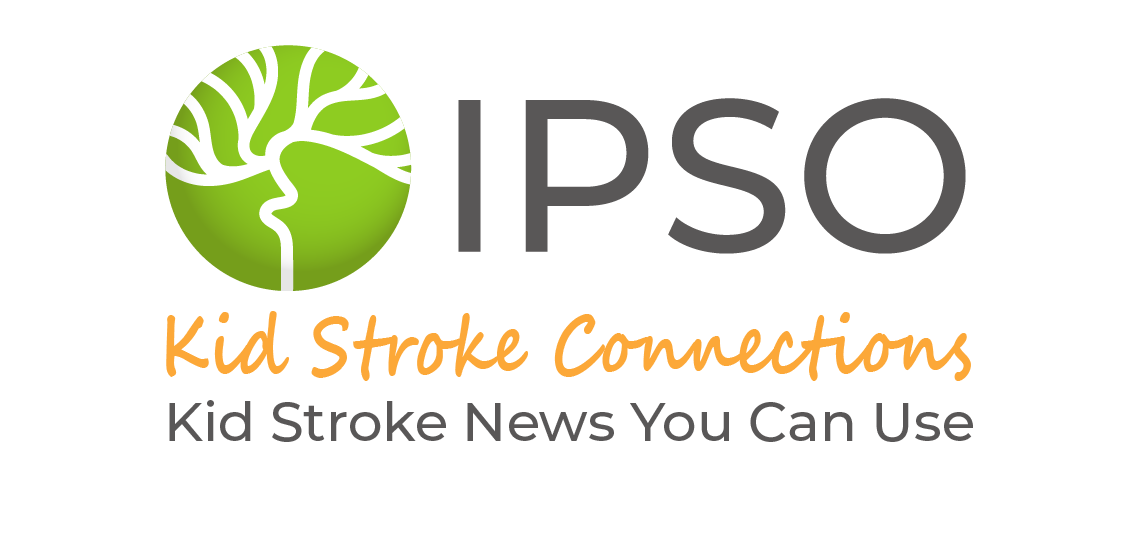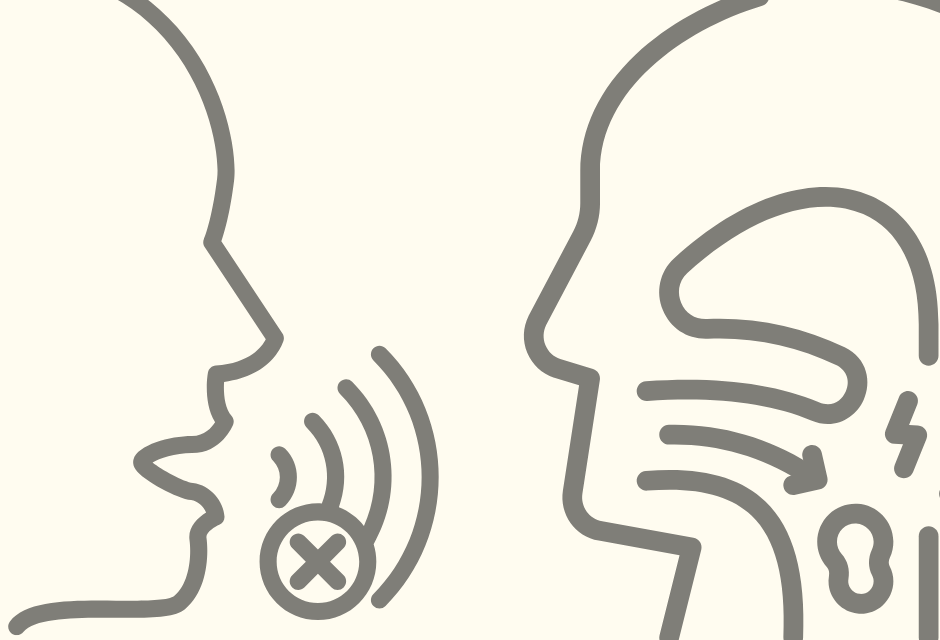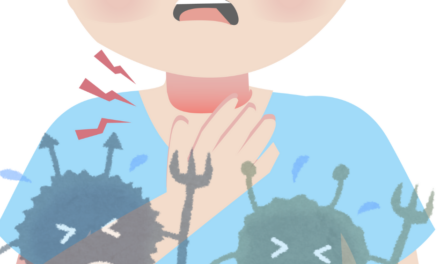Objective:
This study aimed to understand how often feeding and swallowing problems—called dysphagia—occur in babies and children after a stroke. The researchers wanted to learn when these problems arise, how long they continue, and which children are most at risk. Their findings can help doctors identify children needing feeding support early on.

Methods:
The study included 173 babies and children with arterial ischemic stroke or cerebral venous sinus thrombosis. All were treated at a large children’s hospital and were part of a research registry. Doctors reviewed medical charts to find notes about feeding and swallowing during the hospital stay. They defined dysphagia as any problem with feeding, swallowing, or both
Results:
About 40% of the children in the study had trouble feeding or swallowing while in the hospital; for many of them, these issues lasted through discharge. Bigger strokes and strokes in specific brain areas (like the middle cerebral artery) made feeding problems more likely. These issues were easier to detect in older children, while stroke signs and feeding issues were harder to notice in newborns. The study also showed that speech and feeding therapy often got delayed, leaving children without proper support when they needed it most.
Conclusion:
Feeding and swallowing difficulties can occur after pediatric stroke and may take time to improve. Assisting children earlier with swallowing evaluations and feeding support, particularly those with larger strokes, can significantly impact recovery. Hospitals should employ simple, easy-to-use screening tools so bedside nurses and therapists can identify and address these issues sooner. Additional research is necessary to better understand long-term recovery and improve outcomes for these children.
Reference:
Sherman V, Martino R, Bhathal I, DeVeber G, Dlamini N, MacGregor D, Pulcine E, Beal DS, Thorpe KE, Moharir M. Swallowing, Oral Motor, Motor Speech, and Language Impairments Following Acute Pediatric Ischemic Stroke. Stroke. 2021 Apr;52(4):1309-1318. doi: 10.1161/STROKEAHA.120.031893. Epub 2021 Mar 1. PMID: 33641384.
Abstract Translation: Jalal Sadek
Graphics: Jalal Sadek
Medical Editors: Janette Mailo
Junior Editor: Sanjana Sivakumar



